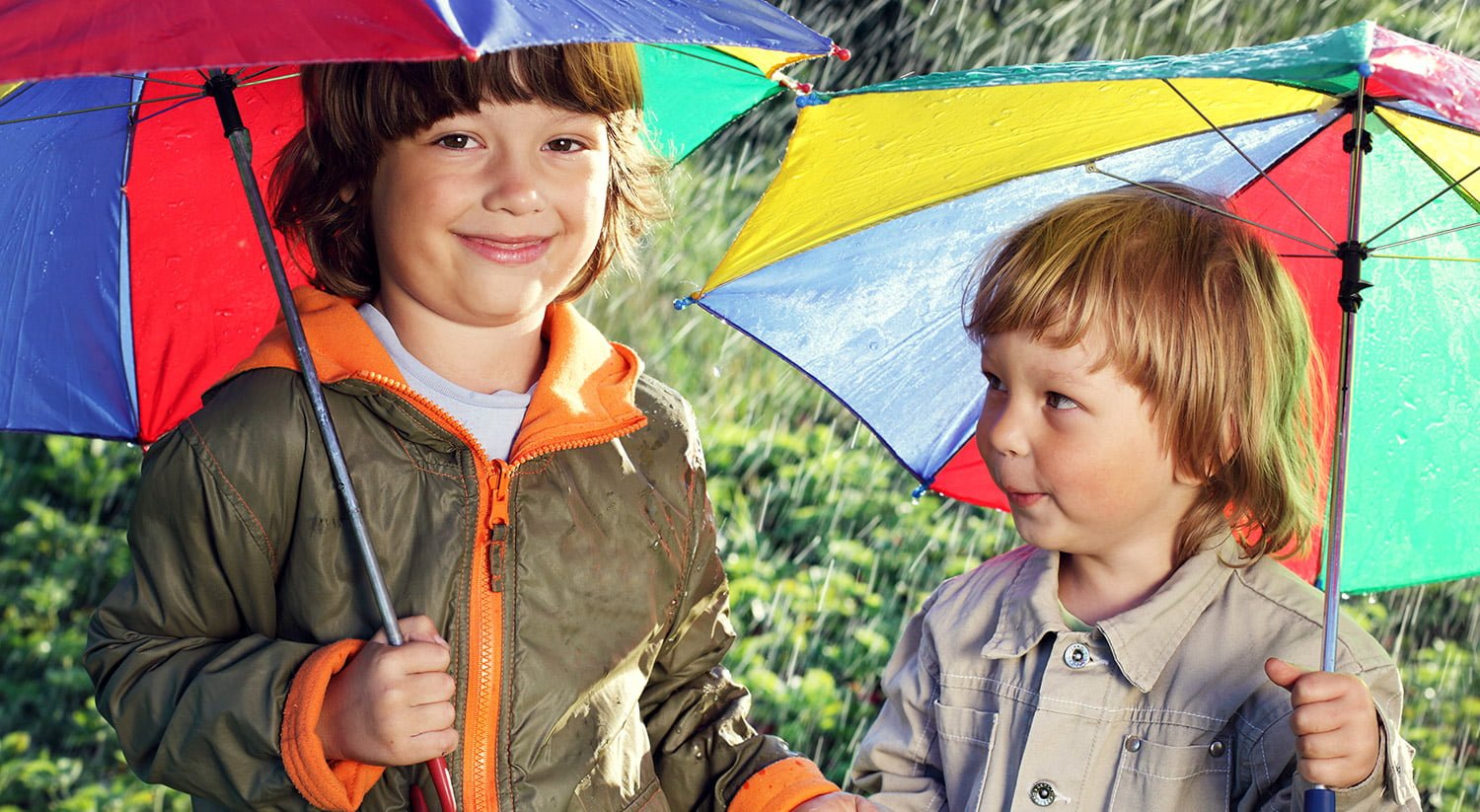
The weather has always been one of the most universal topics of conversation. And when it comes to the Spanish language, it is no exception at all.
There are many Spanish expressions about the weather that are used in everyday conversation, making it an essential topic to master if you want to speak Spanish like a native.
Why is it important to know weather expressions in Spanish?
The knowledge of weather expressions in Spanish is not only useful for small talk.
These expressions and sayings are a reflection of the culture of Spanish speakers and their relationship with the weather and nature. They can also be used to read human emotions and moods.
8 spanish expressions about the weather
1. “Estar pachucho”
Meaning: Feeling sick or down.
Example of use: “Me siento un poco pachucho hoy, creo que me quedaré en casa.”
How and when use it: It is used when you feel physically or emotionally unwell.
2. “Dejarlo para otra ocasión”
Meaning: Postponing an invitation to another time.
Example of use: “¿Puedo dejar el cafe para otra ocasión? Hoy lo intercambiaré por trabajo.”
How and when use it: When you need to kindly postpone an invitation.
3. “Montar un drama”
Meaning: Making a big fuss about something insignificant.
Example of use: “No te preocupes por él, le gusta montar dramas.”
How and when use it: When someone is making a big deal about something that is not a big deal.
4. “Romper el hielo”
Meaning: Starting a conversation or breaking an initial tension.
Example of use: “Vamos a romper el hielo con un juego divertido.”
How and when use it: In situations where you need to start a conversation or relieve tension.
5. “Está lloviendo a mares”
Meaning: It is raining very hard.
Example of use: “Necesitarás un paraguas, ¡está lloviendo a mares!”
How and when use it: You can use it when it rains a lot and you want to point out the situation.
6. “Después de la tormenta viene la calma”
Meaning: Every negative situation has a positive aspect.
Example of use: “Se que estás enojado por no conseguir el trabajo, pero recuerda, después de la tormenta viene la calma.”
How and when use it: When you want to encourage someone who is going through a difficult situation.

7. “Estar por las nubes”
Meaning: Feeling extremely happy or euphoric.
Example of use: “Cada vez que se enamora está por las nubes.”
How and when use it: When you are really happy.
8. “Estar desbordado”
Meaning: Being extremely busy.
Example of use: “No puedo ir a la fiesta, estoy desbordado de trabajo.”
How and when use it: When you have a lot of work or tasks.
How and when to use these spanish expressions about the weather
Spanish expressions related to the weather, such as those we have explored, are versatile tools for talking. As long as the person you are talking to is familiar with them, they are useful in both informal and formal contexts.
Here are some suggestions:
- Context: Make sure you use the expression in the right context. For example, “arruinarle la fiesta” is more appropriate if you are talking about a specific event where someone ruined the good mood.
- Take into account the tone of the conversation: Expressions such as “estar desbordado” may be useful to show empathy when talking about how busy someone is, but may not be appropriate in a more formal setting where more direct and literal language is required.
- Practice: While you can learn these expressions by reading them, true mastery comes with practice. Try to incorporate them into your daily conversations.
- Culturally relevant: Remember that these expressions are a vital part of spanish-speaking culture and can help you sound more native. However, make sure the other person is familiar with them to avoid misunderstandings.
- Being aware of the situation: Some expressions may not be appropriate in all situations. “Estar por las nubes”, for example, is a jovial way of expressing happiness and may not be appropriate in a serious or formal context.
In short
Talking about the weather may seem like a trivial thing to do, but as we have seen, Spanish expressions related to the weather are an important part of the Spanish language and culture.
So the next time you are speaking Spanish, why not try some of these expressions, you might be surprised at how much they enrich your conversations!
If you have any other weather phrases you’d like to share, we’d love to hear from you! And if you want to learn more expressions, check out our blog for more articles or download our translation apps in GooglePlay and Appstore.










Newsletter